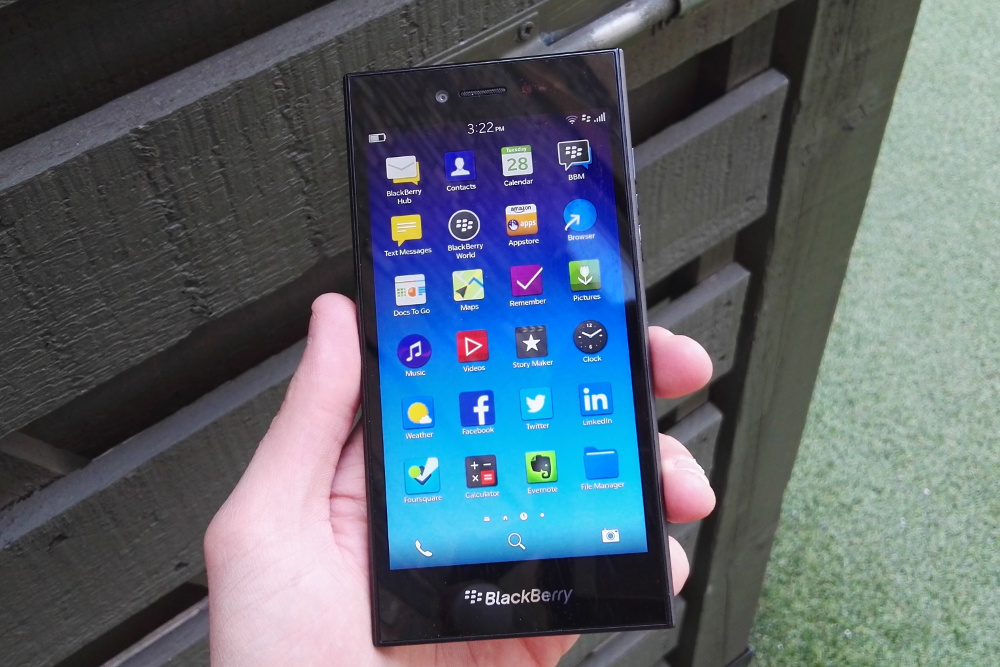BlackBerry misery
Inside the enterprise: RIM's service outages this week have shaken confidence not just in its brand, but in mobile working.

Only rarely does a technology story lead a national radio bulletin, and when it does, it is rarely good news. So when BBC Radio 1 featured the problems affecting BlackBerry messaging and email services, Research in Motion will not have been pleased.
But it is the sheer scale of the BlackBerry outage, along with its "now it's up now it's down again" storyline, and RIM's less than comprehensive explanations that have pushed a story about a technology failure, once again, into the headlines. People who would no more have uttered the words "single point of failure" than they would teach themselves C++ are now debating the merits of core switches.
...If such an important tool fails, it also fails in the bosses' hands. And even if their particular devices or systems are not affected, their belief in the technology, and more broadly in IT, will be shaken.
For consumers unable to access email, and BlackBerry Messenger (BBM), the failure is a nuisance. For small businesses that depend on their email, it has been close to a disaster. More and more business processes are based around email today, whether it is for exception handling from an SAP back-office system, or asking the boss to sign off on travel expenses.
Unplug the email, and those processes either fail, or become desperately clunky. And many users bought into the BlackBerry system because of its perceived security and reliability.
Nor is it only consumers using the BlackBerry Internet Service, or BIS, who have been affected. Reports are emerging that hosted business BlackBerry users and possibly even some using the enterprise BES system have been caught up. According to Barry Gill at Mimecast, an enterprise messaging vendor, BES users have been affected too, despite RIM's denials.
RIM's failure to issue clear and timely statements about the outage has not helped confidence either. Although it is quite possible that the company simply did not know the cause of the problems, a lack of proactive communications has only led to more rumours and more chatter on Twitter and other social networks. And, with reports coming in late on Wednesday that US BlackBerry users were also starting to be affected, there is a growing sense of panic in some quarters of the small business community.
Sign up today and you will receive a free copy of our Future Focus 2025 report - the leading guidance on AI, cybersecurity and other IT challenges as per 700+ senior executives
The problem is this. As a CIO, IT director, or manager looking after IT, you have to persuade an, often sceptical, board to invest in technology. Mobile email is a visible technology that is quite easy to understand and brings a solid return on investment. But if such an important tool fails, it also fails in the bosses' hands. And even if their particular devices or systems are not affected, their belief in the technology, and more broadly in IT, will be shaken.
Is that exaggerating the scale of the problem? Talking to some small business BlackBerry users over the last few days, it is not. The hope is that RIM finds a fix, and the fix works. But for IT professionals, the hard work of rebuilding confidence is just beginning.
Stephen Pritchard is a contributing editor at IT Pro
-
 Blackberry revenue falls by 4% as cyber security division takes hit
Blackberry revenue falls by 4% as cyber security division takes hitNews Despite this, the company’s Internet of Things (IoT) division increased its revenue by 28% as it attracted new customers from the automotive sector
-
 BlackBerry revival is officially dead as OnwardMobility shuts down
BlackBerry revival is officially dead as OnwardMobility shuts downNews The Texas-based startup is mysteriously shutting down and taking its ultra-secure 5G BlackBerry with it
-
 BlackBerry and AWS are developing a standardized vehicle data platform
BlackBerry and AWS are developing a standardized vehicle data platformNews Platform will give automakers a standardized way to process data from vehicle sensors in the cloud
-
 BlackBerry thwarts mobile phishing attacks with new AI tools
BlackBerry thwarts mobile phishing attacks with new AI toolsNews The company's Protect Mobile platform alerts users to potential malware before a link is clicked
-
 BlackBerry Persona Desktop delivers zero-trust security at the endpoint
BlackBerry Persona Desktop delivers zero-trust security at the endpointNews New security solution learns user behavior and can take action if there’s an abnormality
-
 A 5G BlackBerry phone with physical keyboard is coming in 2021
A 5G BlackBerry phone with physical keyboard is coming in 2021News The business phone to be resurrected with OnwardMobility and FIH Mobile planning a security-savvy enterprise handset
-
 The business smartphone is dead
The business smartphone is deadIn-depth BlackBerry’s demise signals the end of the business-first handset
-
 BlackBerry Key2 review: The best physical keyboard no one asked for
BlackBerry Key2 review: The best physical keyboard no one asked forReviews Despite the improvements, the flaws of BlackBerry’s Key range are still front and centre

